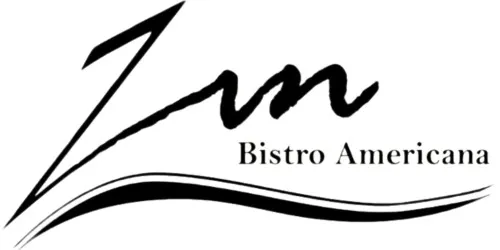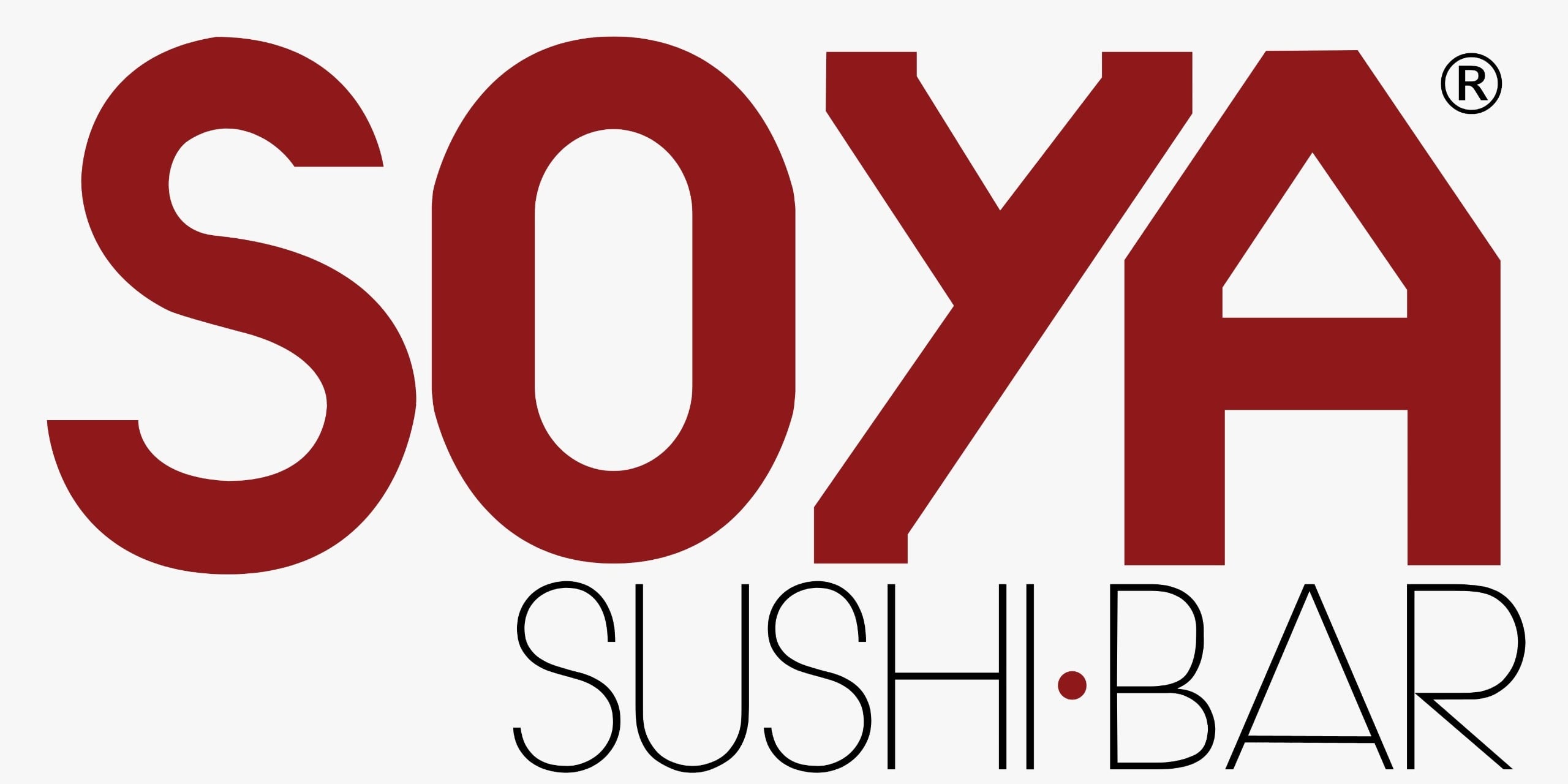500+ Chef Jobs Across the U.S. - February 2026
If you're looking for Chef jobs, you've come to the right place. OysterLink currently lists 500+ Chef positions across the U.S. in restaurants, hotels, resorts, catering companies, and more.
New job listings are regularly added as employers seek talented Chefs, making it easier to find the right culinary role for your experience and preferences.
Recent Openings for Chefs Across the U.S.
There have been 71 jobs posted in the last 10 days, with fresh opportunities continually appearing to help you advance your career as a Chef in various locations.
Chef Salary Across the U.S.
Based on current job listings, the average salary for Chefs is $237,000 per year or $114 per hour, which can vary significantly based on location, establishment, and experience.
The salary range typically falls between $18,200 per year and $177,000,000 per year, reflecting differences in roles from line cooks to executive chefs.
| Lowest wage for Chefs | Average wage for Chefs | Highest wage for Chefs |
|---|---|---|
| $18,200 per year | $237,000 per year or $114 per hour | $177,000,000 per year |
High-end restaurants, luxury hotels, and large catering services usually offer higher pay and more benefits.
Chefs with specialized skills or management experience tend to earn toward the upper end of the pay scale.
If you're exploring Chef jobs, expect diverse opportunities with a range of culinary environments and compensation packages.
How To Apply for Chef Jobs
Applying for Chef jobs with OysterLink is straightforward. Each job post provides clear details about pay, hours, and employer expectations. You can filter listings by:
- Pay rate
- Experience level
- Full-time, part-time, or seasonal
- Location
Employers seeking Chefs are often hiring quickly, so applying early can improve your chances.
Simply click apply, submit your information, and connect directly with hiring managers.
Why Chef Jobs Are in Demand Across the U.S.
The culinary industry is growing nationwide, ensuring steady demand for skilled Chefs in many types of establishments.
Here are typical locations and venues where Chefs are commonly employed:
| Locations | Establishments |
|---|---|
| Urban Centers | Restaurants, Hotels |
| Resort Areas | Resorts, Cruise Ships |
| Suburban Areas | Catering, Event Venues |
The diversity of culinary workplaces offers many career paths, from casual dining to luxury hospitality.
Where Chefs Are in Demand
Here are some leading employers actively hiring Chefs across the country:
- STK San Diego
- Rosina Food Products
- Marriott International, Inc
What To Expect as a Chef
Chef job responsibilities often include:
- Preparing and plating meals
- Menu planning and recipe development
- Managing kitchen staff and inventory
- Ensuring food quality and safety standards
Chefs frequently work under pressure and collaborate closely with front-of-house staff.
Positions range from entry-level line cook roles to executive chef management positions.
Chef Job Benefits and Perks
Many Chef roles come with benefits such as Tuition Reimbursement, Vision Insurance and other perks to support your career and well-being.
Employers often provide opportunities for professional growth and culinary education.
Explore More Chef Opportunities Across the U.S.
Chefs can find opportunities in numerous cities including:
- New York, NY
- Los Angeles, CA
- Chicago, IL
- Houston, TX
Whether you are searching for Chef jobs near you or considering relocation, OysterLink helps connect you to verified, up-to-date listings.
Useful Resources for Chefs
Here are some valuable resources if you're pursuing a career as a Chef:
| Resource | Description |
|---|---|
| USAJOBS Official Job Portal | Federal job listings for chefs and culinary professionals |
| O*NET Occupational Information Network | Job details and skills for Chefs |
| U.S. Department of Labor | Employment laws and wage info for chefs |
| Job Corps Culinary Training | Free culinary arts education and training |




















